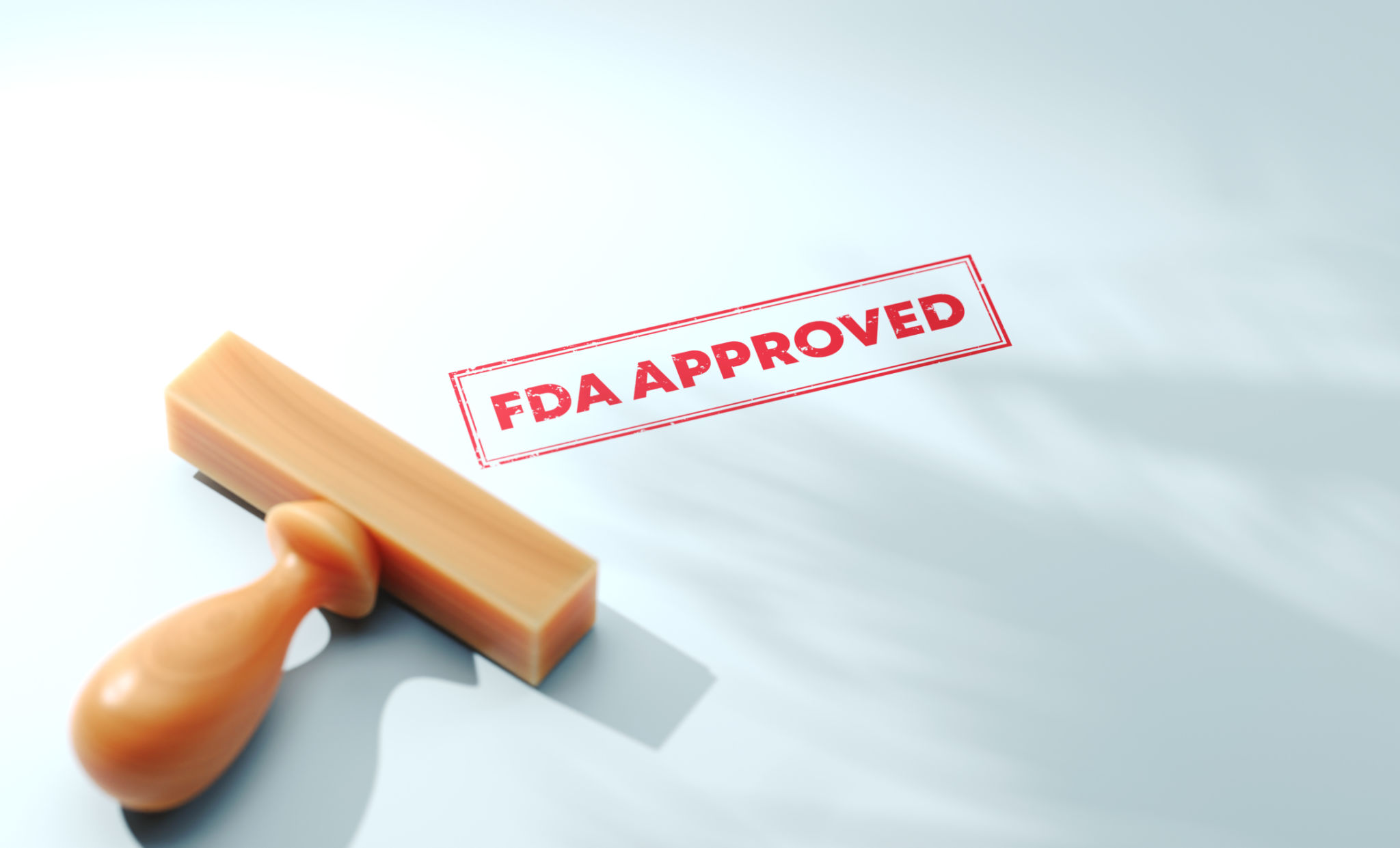Understanding FDA Regulations in Skin Care: What You Need to Know
Introduction to FDA Regulations in Skin Care
When it comes to skin care products, understanding FDA regulations can be quite challenging. These regulations play a crucial role in ensuring the safety and efficacy of the products we use daily. The Food and Drug Administration (FDA) oversees these products to protect consumers and provide guidelines for manufacturers. This blog post aims to demystify these regulations and provide you with essential insights.

The Role of the FDA in Skin Care
The FDA is responsible for regulating cosmetics, including skin care products, in the United States. However, the term "cosmetics" under FDA jurisdiction is not as straightforward as one might think. It covers a wide range of products from lotions and creams to makeup and perfumes. The FDA ensures these products are safe for consumer use and that their labeling is truthful and not misleading.
Cosmetics vs. Drugs: Understanding the Difference
One of the key aspects of FDA regulation is distinguishing between cosmetics and drugs. This distinction is essential because it determines the level of scrutiny and approval required before a product reaches the market. Cosmetics are meant for cleansing, beautifying, or altering appearance without affecting the body's structure or functions. In contrast, drugs are intended to diagnose, cure, mitigate, treat, or prevent diseases and must undergo rigorous testing and approval processes.

Labeling Requirements for Skin Care Products
Proper labeling is a vital component of FDA regulations for skin care products. Labels must include specific information such as the ingredients, the product's intended use, and any necessary warnings. This transparency helps consumers make informed choices about the products they apply to their skin.
Manufacturers must ensure that all claims made on product packaging are accurate and substantiated. Misleading claims can lead to severe penalties, including product recalls or bans. Therefore, companies must be diligent in their research and development processes.
Common Misconceptions About FDA Approval
It's a common misconception that all cosmetics need FDA approval before they can be sold. In reality, the FDA does not require pre-market approval for cosmetics, but it does for drugs. However, the FDA can take action against cosmetics on the market that are found to be unsafe or improperly labeled.

How to Ensure Compliance
For businesses in the skin care industry, understanding and complying with FDA regulations is vital. Here are some steps to ensure compliance:
- Stay informed about current FDA regulations and guidelines.
- Conduct thorough testing of products to ensure safety.
- Ensure all product labels are accurate and complete.
- Keep detailed records of product formulations and testing results.
The Importance of Consumer Awareness
Consumers play a critical role in maintaining safety standards by staying informed about the products they use. Reading labels carefully and researching claims can help consumers make safer choices. If you encounter a product that seems misleading or unsafe, reporting it to the FDA can help protect others.
In conclusion, while navigating FDA regulations can seem daunting, understanding them is crucial for both manufacturers and consumers. By ensuring compliance and staying informed, we can all contribute to a safer skin care market.